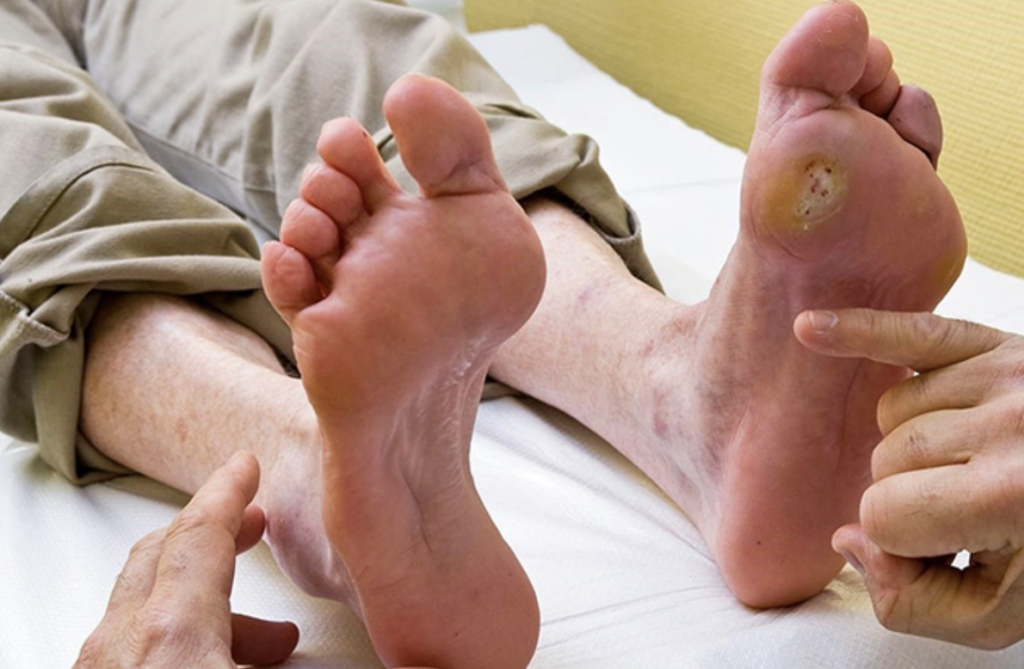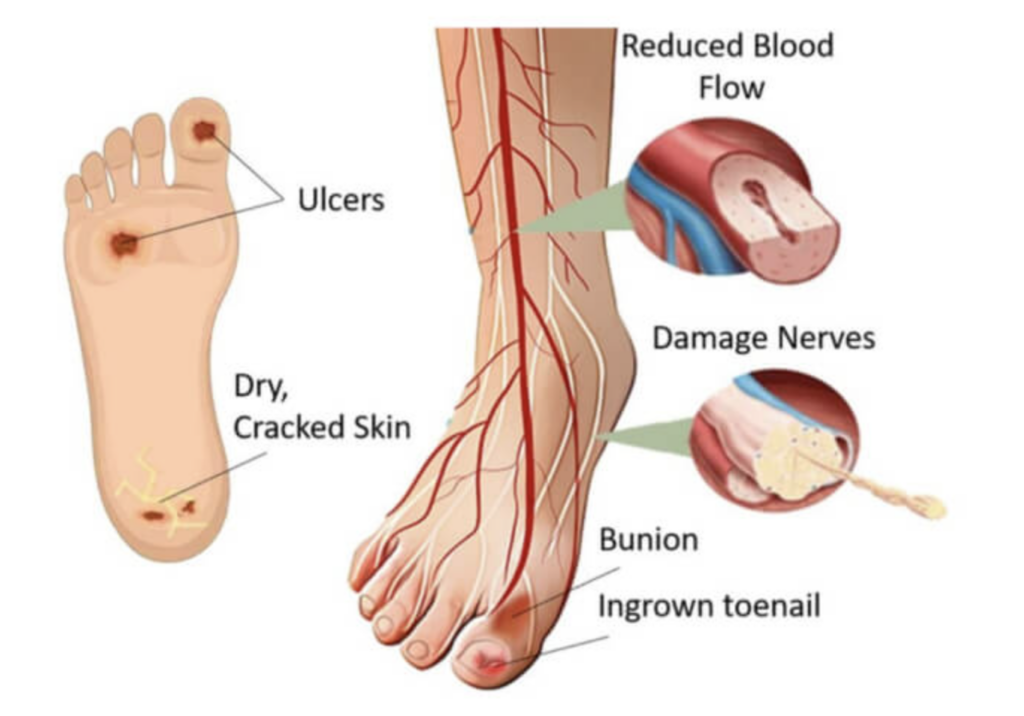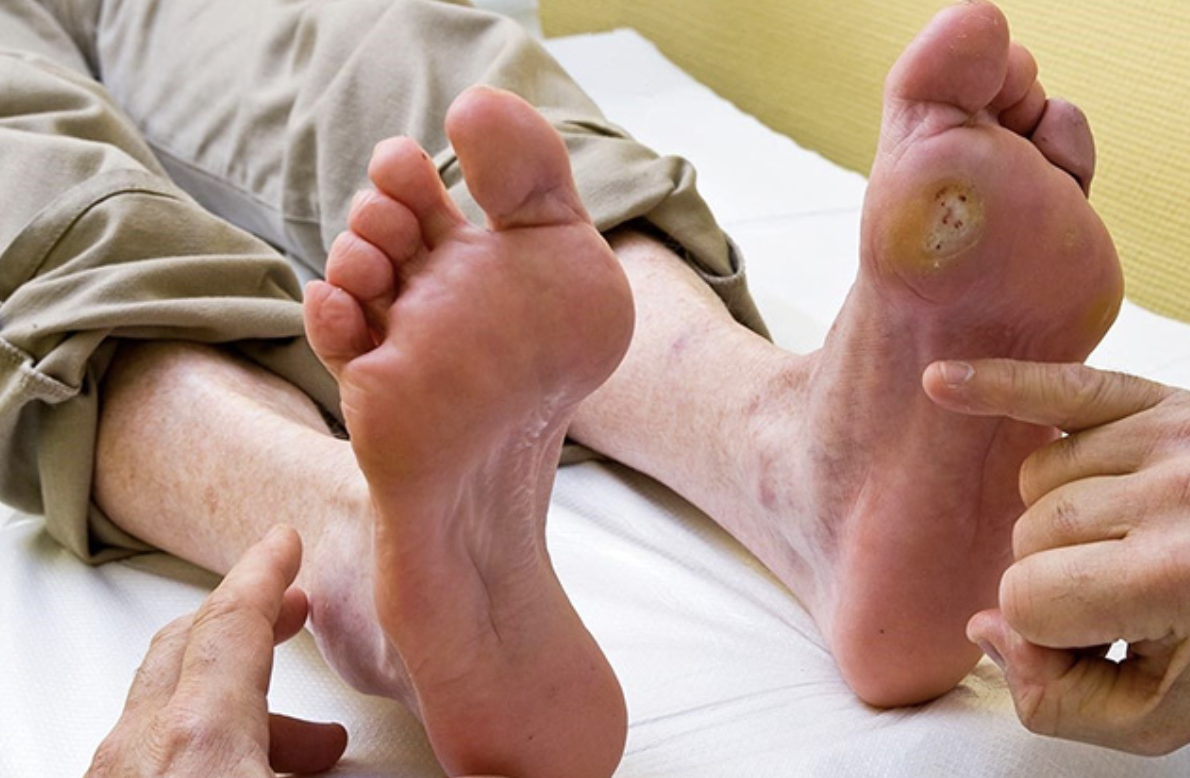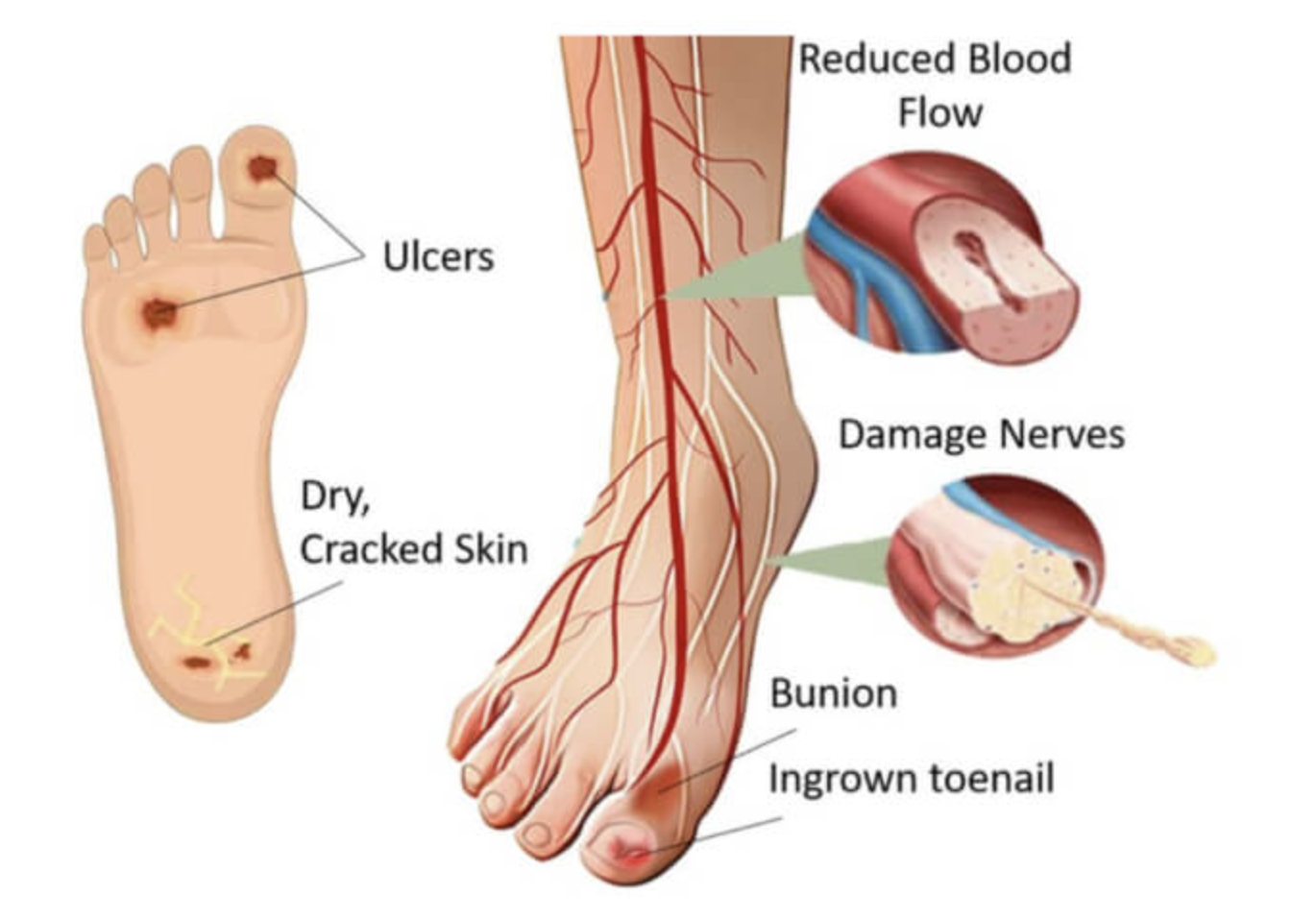In the management of diabetic foot, a vascular surgeon plays a critical role in identifying and addressing any underlying vascular issues that may contribute to the development or worsening of the condition. Poor circulation can impair wound healing and increase the risk of infection, making timely vascular evaluation essential. By recognizing and treating these problems early, a vascular surgeon can significantly improve outcomes and reduce the risk of serious complications such as limb loss.
Dr. Hajian and his team utilize various diagnostic tools to evaluate blood flow in the lower extremities. These may include tests such as the ankle-brachial index (ABI), duplex ultrasonography, or CT angiography to assess the presence and severity of peripheral arterial disease. Based on the findings, if blood flow is found to be compromised, Dr. Hajian may recommend and perform procedures like angioplasty, stenting, or bypass surgery to restore adequate circulation to the affected areas and support the healing of foot ulcers or wounds.
In addition to performing vascular assessments and interventions, Dr. Hajian collaborates closely with a multidisciplinary team to provide comprehensive care for patients with diabetic foot. This team may include wound care nurses, podiatrists, infectious disease specialists, and orthopedic surgeons. Coordinated care is essential to manage infection, promote healing, and prevent the recurrence of ulcers. Patients are strongly encouraged to stay engaged with their healthcare providers, adhere to treatment plans, and monitor their foot health regularly to minimize the risk of severe complications, including amputation.





